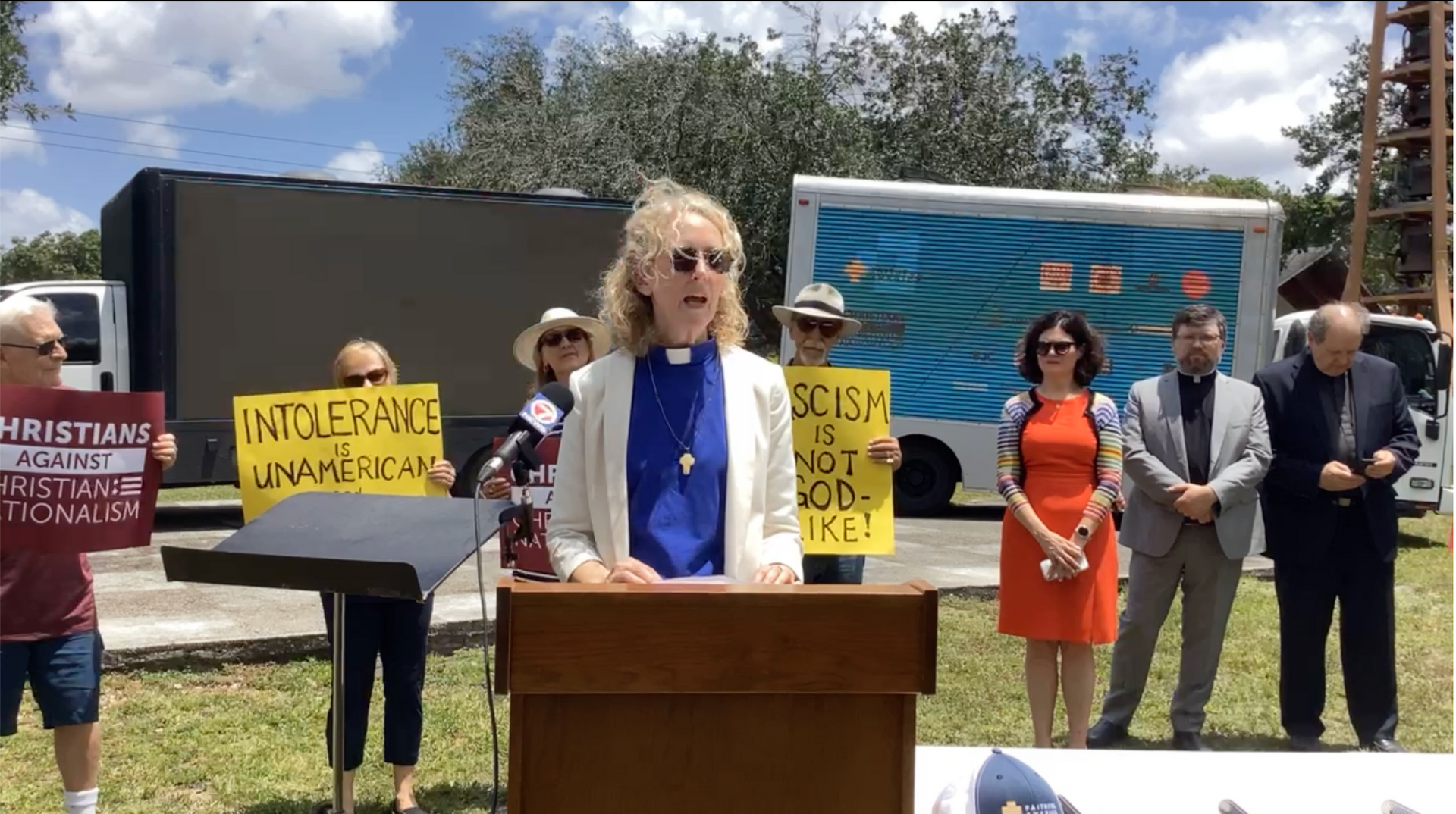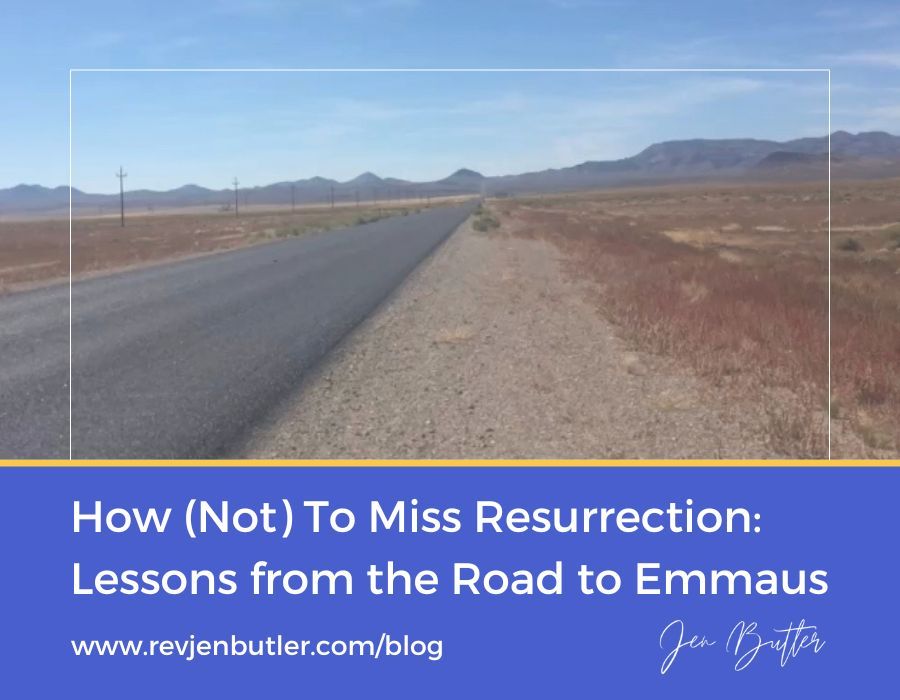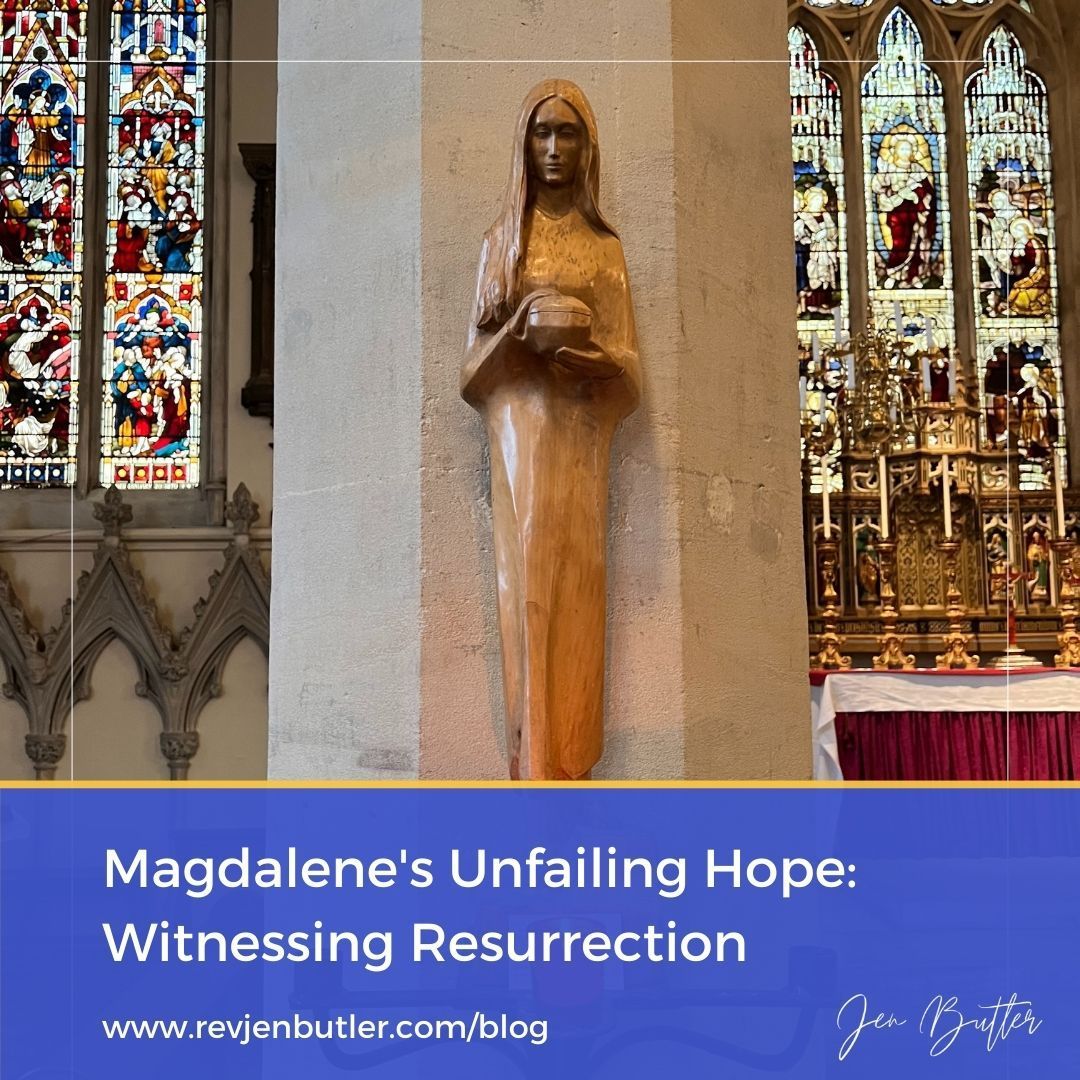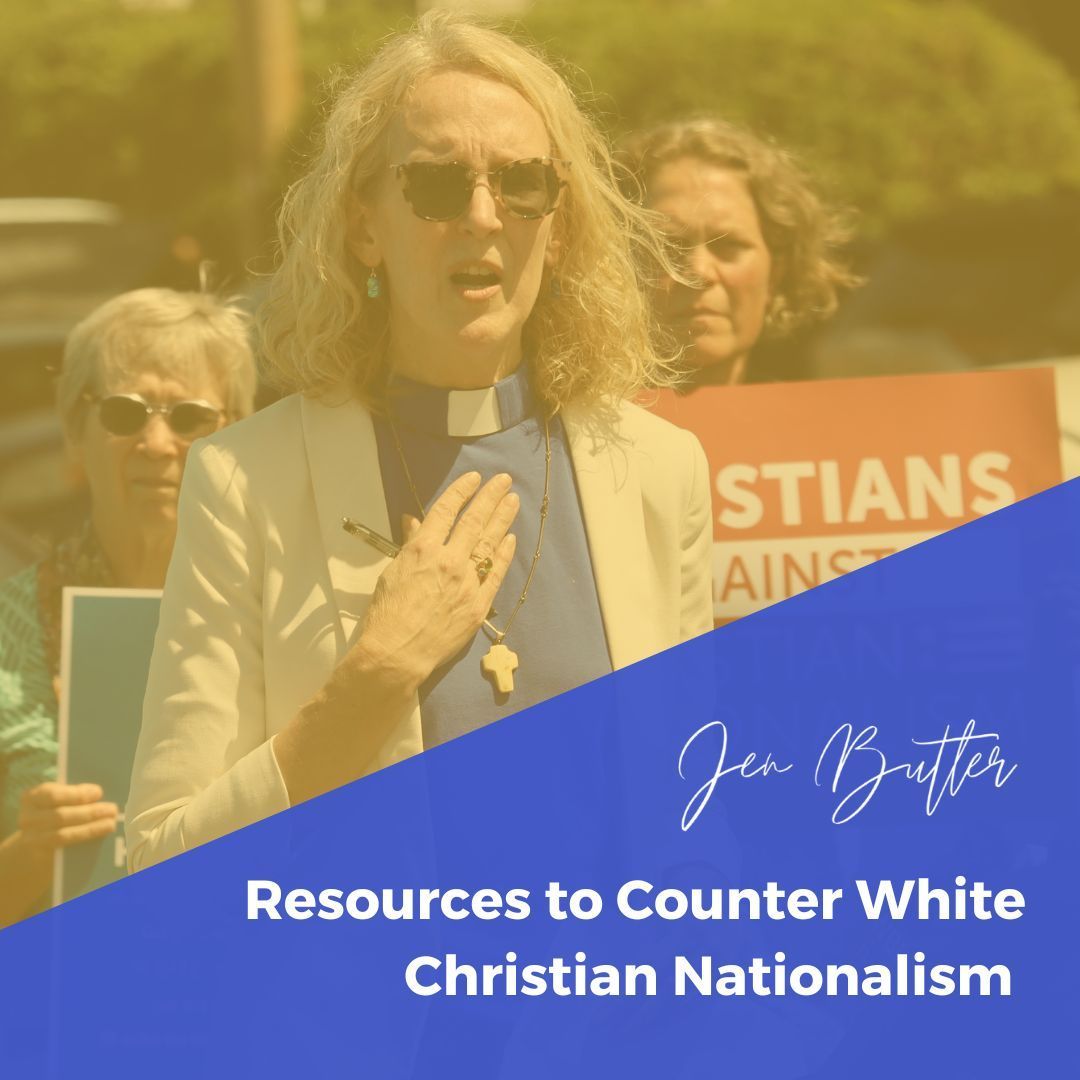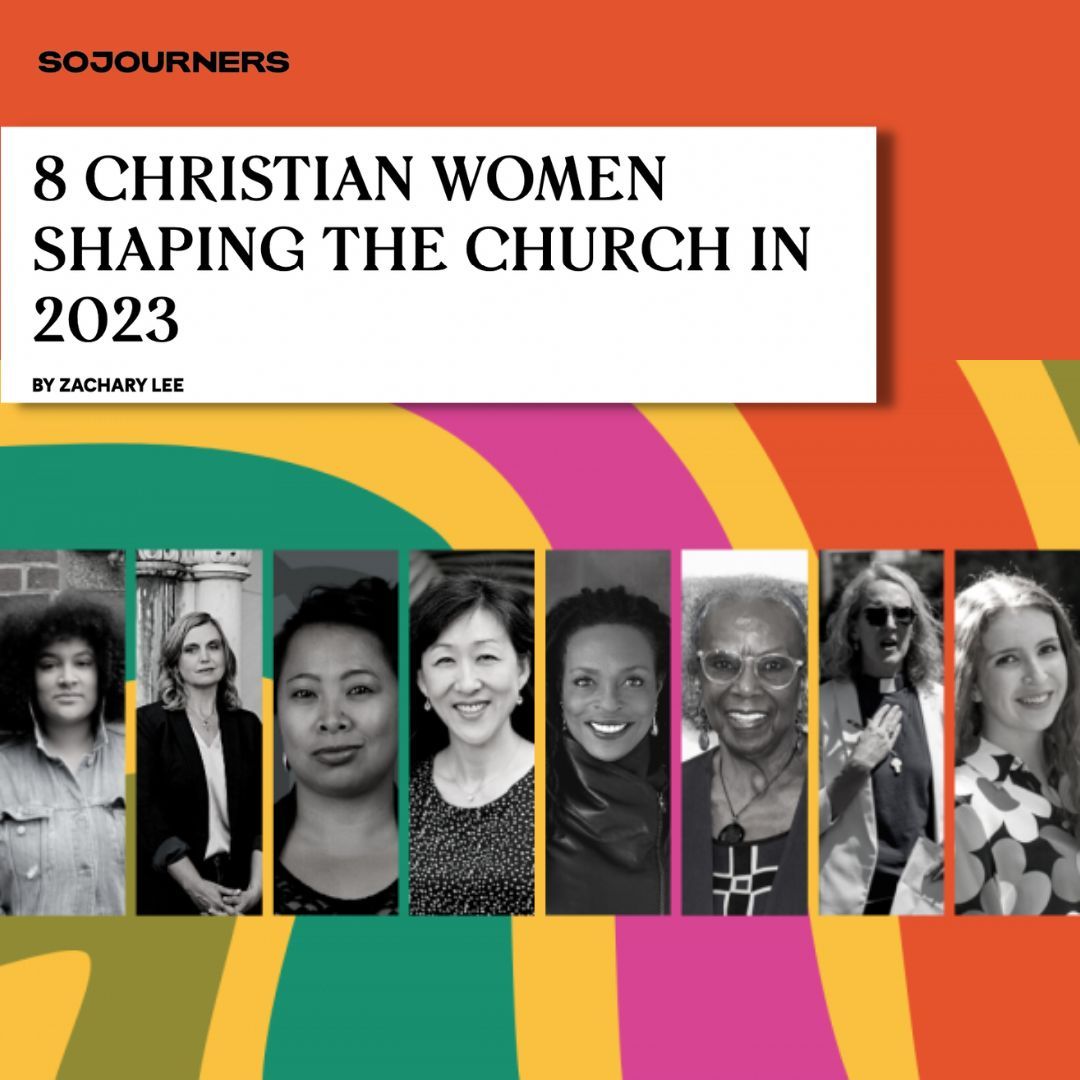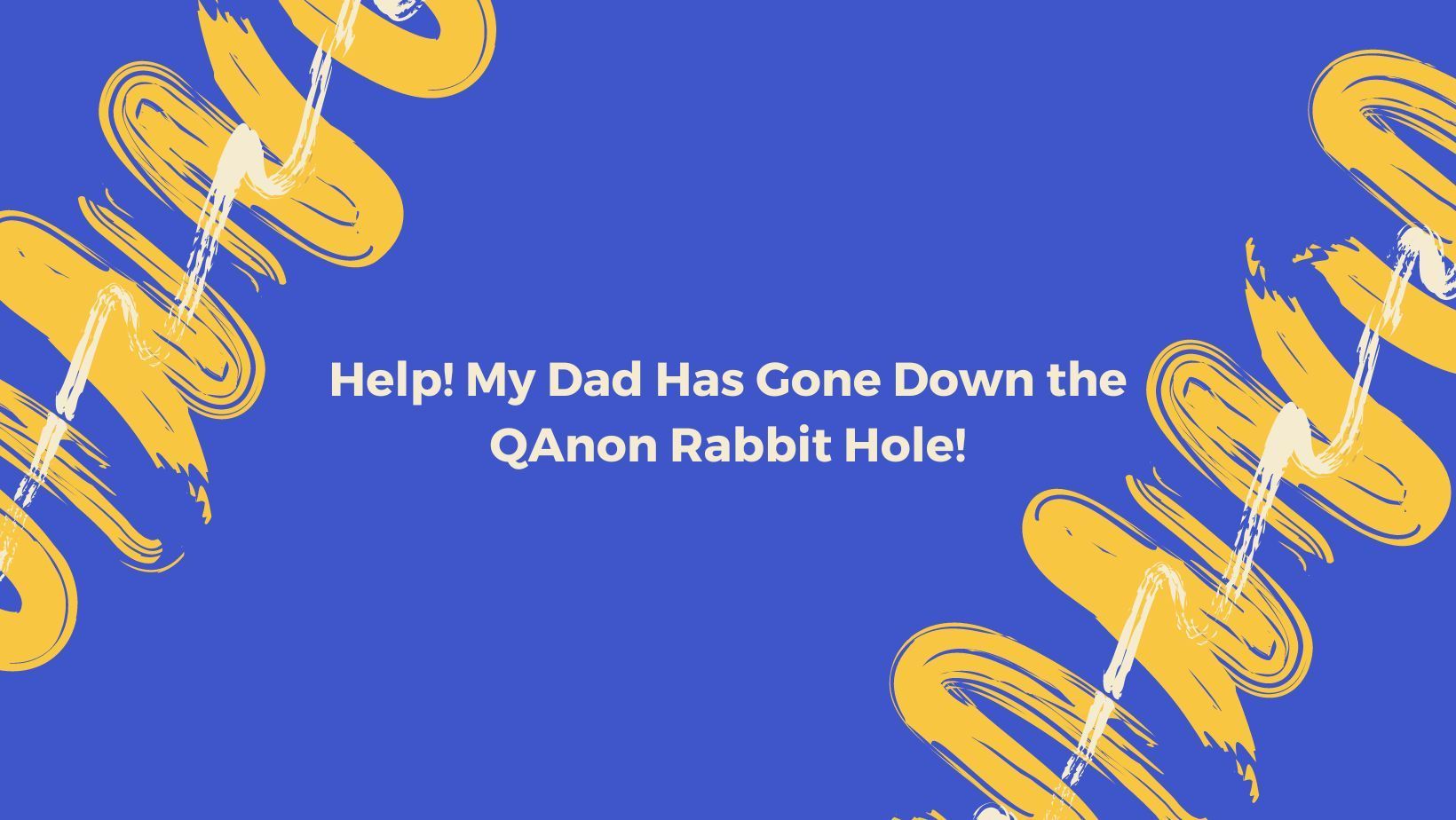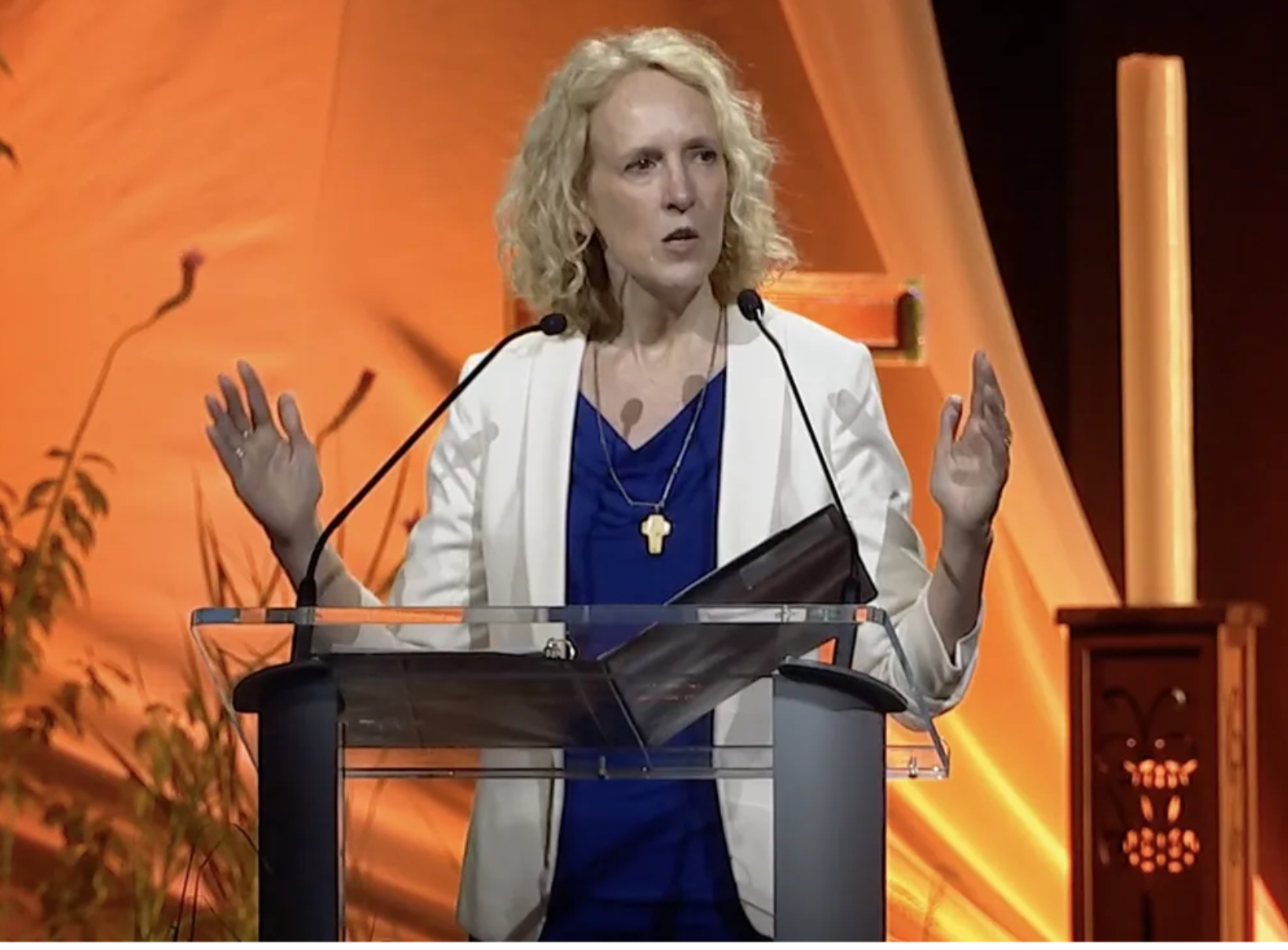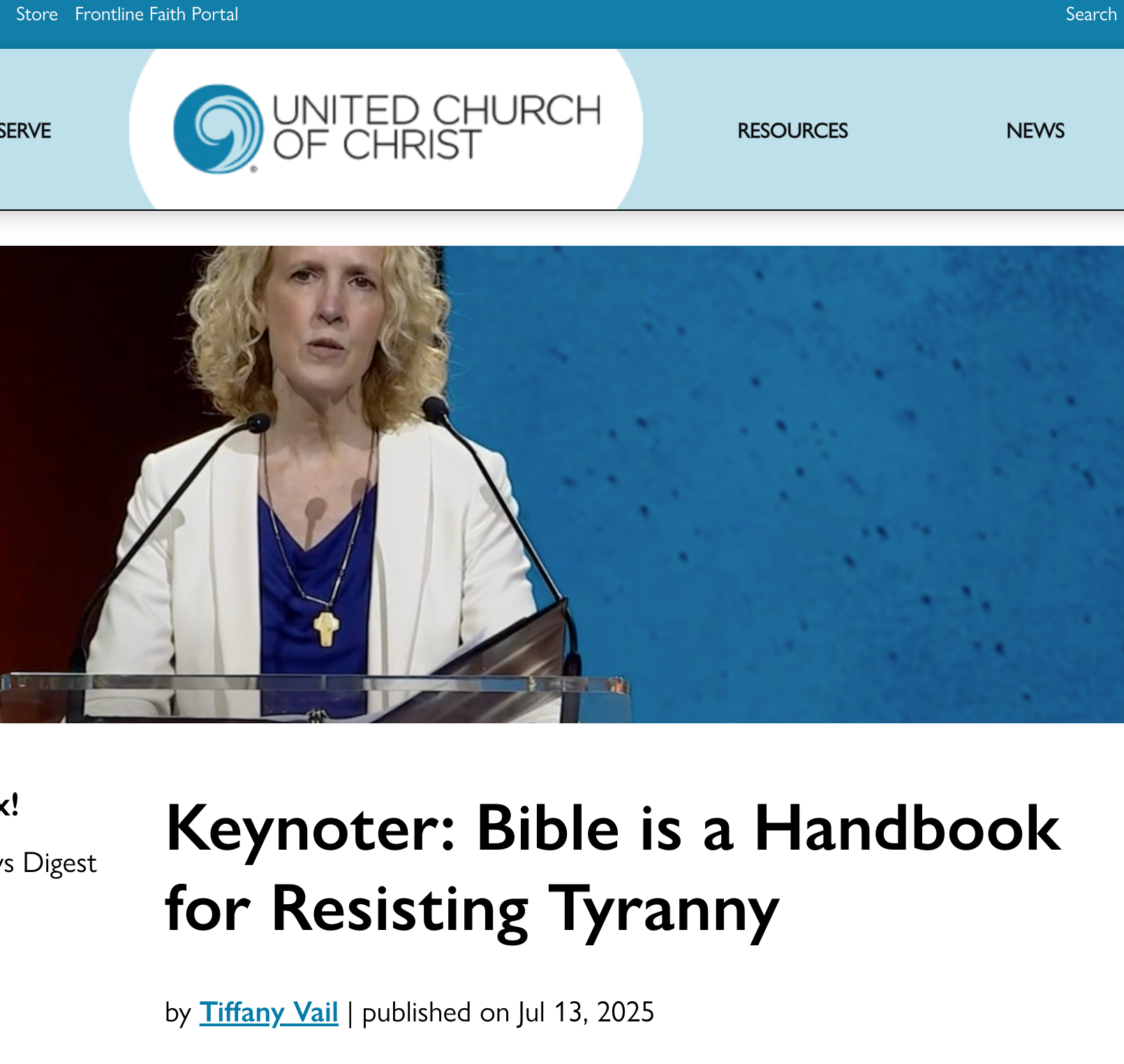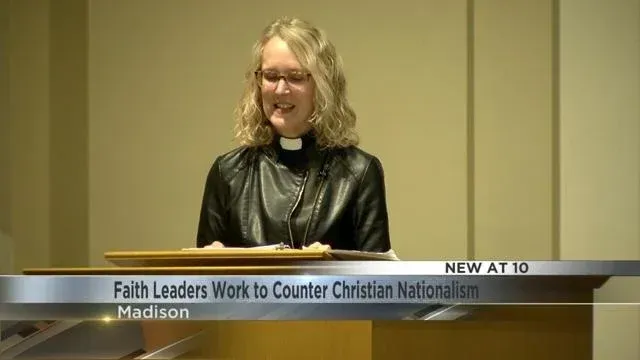Finding Hope in the Empty Tomb
Spring is often an opportunity to appreciate renewal and new life, but this month feels especially sacred. This April, for the first time in 30 years, Muslims, Jews, Christians, Sikhs, Baha’is, Hindus, Buddhists and Indigenous nations will celebrate Ramadan, Passover, Easter, Vaisakhi, Mahavir Jayanti, Theravada New Year and the Gathering of Nations at the same time.
I choose to view this convergence of sacred days as a much needed sign of hope and solidarity. Recently I participated in a multi-faith roundtable conversation about this sacred season. We talked about how our different faith traditions ground us at a time when the mechanisms of empire are hard at work passing legislation that controls what can be taught in schools, targets LGBTQ people, limits the freedom to vote and criminalizes necessary access to reproductive care.
When faced with this coordinated attack on human dignity and freedom, it is easy to grow cynical or weary, to despair and doubt that we can govern in such a way as to bring about the human flourishing God wants for us. In these moments when I am desperate for hope, I return to the empty tomb.
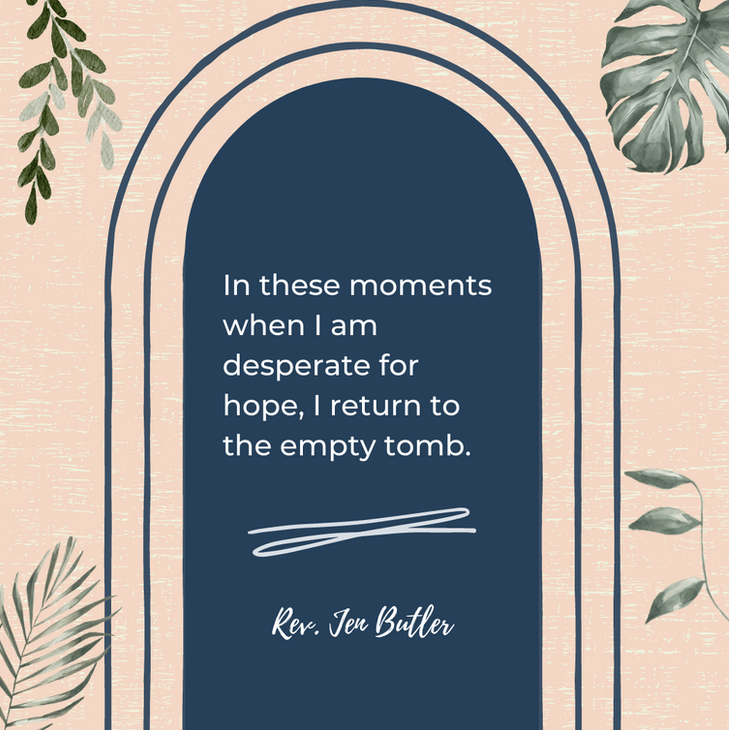
The mystery of that empty tomb on the first Easter teaches me to embrace hope even when the radical, all embracing love of Jesus seems too small to counter the powers and principalities of this world.
Notice how in Luke’s version of events the women refuse to cower in the wake of the crucifixion. They choose to grieve and anoint Jesus while the male disciples are overtaken by fear.
Upon finding Jesus has risen, they return to tell the disciples he has risen. Rather than rejoice, the disciples reject the news. Why the difference in response? Let’s look at the exchange:
When they came back from the tomb, they told all these things to the Eleven and to all the others. It was Mary Magdalene, Joanna, Mary the mother of James, and the others with them who told this to the apostles. But they did not believe the women, because their words seemed to them like nonsense.
(Luke 24:9-11 NIV, emphasis added)
Nonsense. Do you have days when you wonder if the biblical vision of a God who works in us to resist tyranny is nonsense? A lovely vision, but one that is futile or naive? Any one who says they never doubt it is probably not fessing up. We all doubt. But here’s what the women teach us to do when deathly oppression seems to have the last word.
First, make time to lament. This may seem counterintuitive to many of us who were raised in white American protestant churches that did not have a strong tradition of lament. Many of us were taught that the purpose of hope is to help us move through seasons of grief or suffering as quickly as possible. Hope is a band-aid we slap over pain.
But lament was a crucial part of the original Easter story. It wasn’t all easter bunnies, tulips and chocolate, that’s for sure. Two days earlier these women had seen their friend and mentor humiliated and brutally executed by the state. Rather than remain paralyzed with fear and hide out with the other disciples, the women chose to grieve. They returned to the tomb to perform funeral rituals. Their grief made space for the hope to come. The lesson: we cannot anticipate restoration without first expressing our full-on grief about all that is broken.
Mourn your personal losses and our collective ones. This month we are likely to reach 1 million COVID deaths in the U.S. (of over 6 million globally.) We are confronted daily with horrific images and stories of war. Police violence and gun violence continue unabated in our communities. A very determined extremist movement in the U.S., led by white Christians, seeks to erase our diversity through the legislation I referenced earlier.
This level of suffering cannot be ignored or simply moved past. How often we seek to numb or withdraw from the pain. Instead, make space for it.
The women also teach us the power of bearing witness. At the end of the story the women ran back to tell the other followers and friends of Jesus what they had witnessed even though they did not understand the full story. To witness is to show up, not knowing the exact outcome. We witness by standing up for our values and defending the freedoms of our neighbors, possibly without knowing the full impact of our efforts. We witness by affirming human dignity, rooting out injustice and creating communities where everyone can flourish.
Easter is a story of life overcoming death, restoration overcoming destruction and hope overcoming despair. This hope is not merely wishful thinking. It is not a band-aid or bumper sticker or campaign slogan. It is the gritty, defiant expectation that the world can be a better place and together we can make it so.
By making space for lament and bearing witness to the beloved community, our hope is realized.
As we face coordinated efforts to strip away our freedoms and as another election season approaches, remember the powerful actions of the women disciples who lamented, bore witness and gave themselves over to hope even as people called it nonsense.
